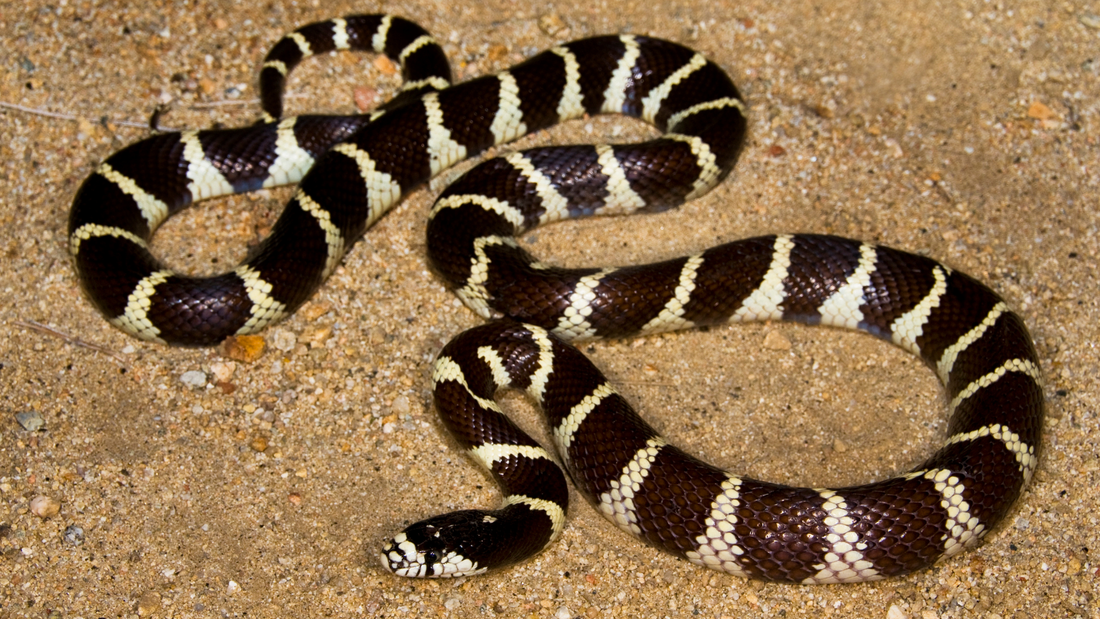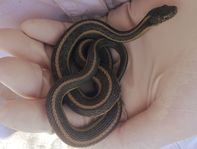NCHS Conservation Tips for Keepers and Field Herpers
Welcome to our conservation tips page! As reptiles and amphibian enthusiasts, it is our responsibility to protect and preserve these amazing creatures and their habitats. Here are (11) conservation tips that you can use to make a difference!
- Do not collect native herps from the wild and do not purchase wild caught herps. Do your research to make sure you know what you are purchasing and where it came from. Many wild herp populations are declining and even in non-declining populations it is important for herps to stay in the population to reproduce and remain part of the ecosystem.
- Do not release captive herps into the wild. Even if the are native to the area, they can carry diseases that could damage wild herp populations!
- When possible and safe use second hand herp supplies instead of buying new (like from our raffle!).
- Utilize a timer for your tank lights (for herp health and to conserve energy).
- Dispose of any fluorescent tube bulbs, mercury vapor bulbs, or compact fluorescent bulbs safely - at a landfill or designated collection center.
- If you have insect eating animals, try starting a roach colony! Roaches will devour produce scraps.
- Try your hand at growing your own produce or maintaining your own insect colonies.
- Use ceramic or Tupperware dishes / containers, instead of disposable styrofoam or plastic.
- Dispose of any leftover veterinary and human medications properly (link). Medication not disposed of properly can contaminate the environment which our wild herps rely on.
- When hiking, or otherwise enjoying the natural world, do NOT make cairns or move any rocks. Altering natural rock formations can mean taking away natural homes relied upon by many animals including reptiles and amphibians. Also, if you flip or pick up a rock, wood, or any debris looking for herps, put it back!
- Do not use glue traps or poison traps for “nuisance” animals. Herps can often become stuck to glue traps and poisoning rodents means indirectly poisoning the animals that eat them - often reptiles.






